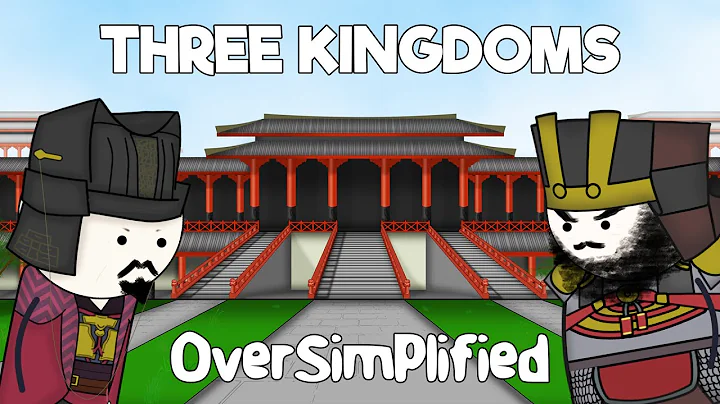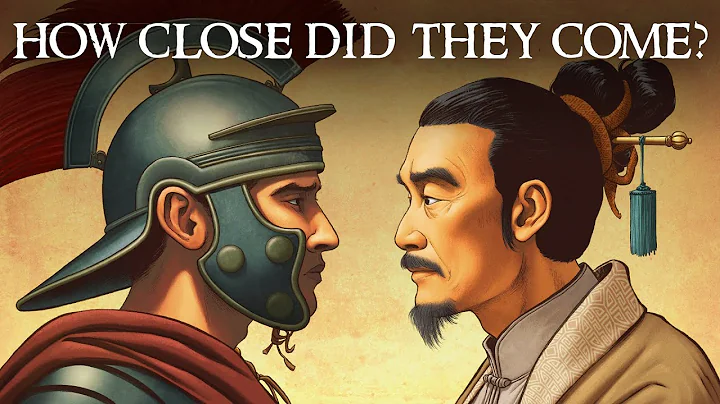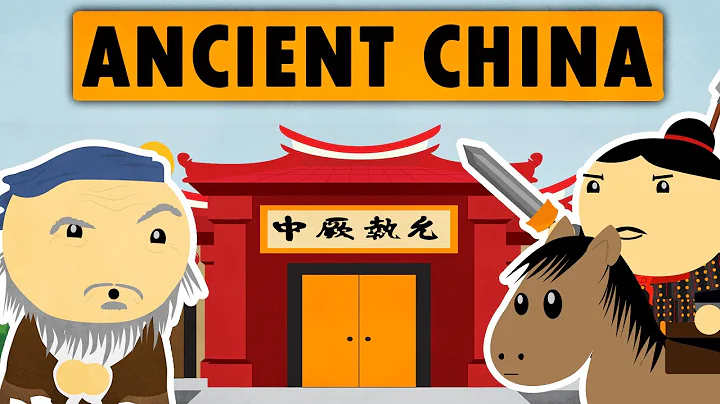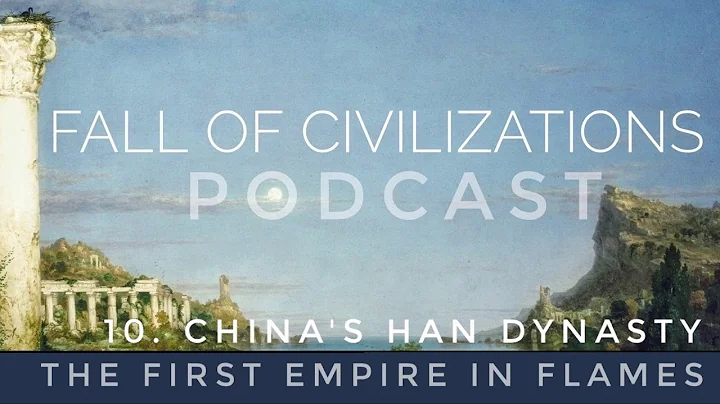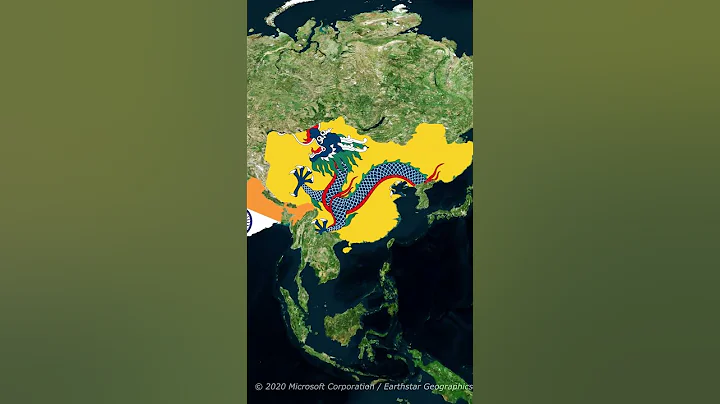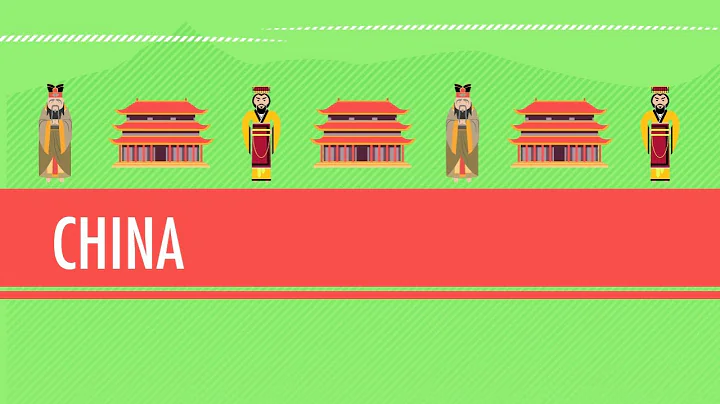"Kong Rong Lets the Pear" is a moral education story that has been passed down through the ages. This story was once included in primary school Chinese textbooks; I believe many people are familiar with this story.
This story tells that in the late Eastern Han Dynasty, there was a four-year-old child named Kong Rong, who had several brothers in his family.

One day, his father's friend brought a plate of pears to their home as a guest, and the adults asked him to share the pears with everyone. According to ordinary people's logic, children should take the biggest one for themselves, and then take the others. Share it with others; however, unexpectedly, little Kong Rong, who was only four years old at the time, gave the biggest pear to his elder brother and younger brothers, and took the smallest one himself.
The father asked him why he gave the biggest share to his brother? Kong Rong replied: Because they are brothers, they should get the big one, and I, as the younger brother, should get the small one.

The father asked again, why are my brother's pears bigger than yours? Kong Rong replied: Because he is his younger brother and I am older than him, I should let him go.
Adults think that Kong Rong, at such a young age, could have such a spiritual awareness of respecting elders and loving children. He is really intelligent and of high quality, and he will definitely become a great person in the future!
Later, Kong Rong let the pear become a story that taught people to respect their elders, love their children, and abide by public order and good customs and this story was passed down from generation to generation.
Kong Rong gave up pears, which is a story with traditional virtues in our country; however, the story about Kong Rong giving up pears is regarded as a negative teaching material in the United States.
It is said that there was a professor in a school in the United States who once quoted the story of Kong Rong letting pears in a class; he asked the students to express their own opinions on this story.
As a result, some students thought that Kong Rong gave up the pear as a way to please adults; some thought that Kong Rong gave up the pear as a show; Kong Rong deliberately gave up the big pear under everyone's gaze. Giving to "others" is to let everyone know how noble you are and to make everyone like you.
Some people think that Kong Rong gave up the pear because he was too weak and had to suffer from his own performance; because he was afraid that if he took the big pear and ate it, he would be bullied by his brothers later... These students were very angry with Kong Rong. There are many interpretations of Kong Rong's letting go of pears, but no one seems to think that Kong Rong's letting go of pears is a virtue.

Why do so many Americans interpret Kong Rong’s behavior as a sign of hypocrisy, scheming, or showmanship?
Kong Rong’s behavior of giving up pears is a traditional virtue in our country, but in the United States it has become a manifestation of hypocrisy and showmanship; this illustrates the cultural differences between China and the West, and the contrast in many aspects of thinking. big.
Westerners have a more straightforward way of thinking, advocating individualism, and are mostly self-centered. As we all know, the history of Western countries' prosperity is basically a history of the law of the jungle, the survival of the fittest, and the survival of the fittest.
They believe in using strength to speak, and are used to expressing their truest thoughts in a straightforward manner.
We believe that respecting elders, being humble and courteous is a virtue, but Westerners may think it is a sign of hypocrisy, cowardice, and showmanship.
It is precisely because of their common social ideology that they choose to "lay down and let go" during the epidemic and ignore the life and death of the poor, old and weak.
Of course, it is undeniable that Westerners’ evaluation and opinions on Kong Rang Rang Pear do have their merits and merits; therefore, we should take the essence and discard the dross.
In fact, was Kong Rong giving the pear a show or a virtue? There are a lot of controversies even in China. The author thinks that when Kong Rong gave up Li, he was only four years old. People said that children are the simplest; at such a young age, no matter how smart he is, he will not be so smart. With his deep foresight and scheming, he could instantly think of using Li Li to please or put on a show!

On the contrary, I interpret him as a showman. I am afraid that his thoughts are a bit too complicated. Does it even mean a bit of "using the heart of a villain to judge the belly of a gentleman"?
Someone may need to bring out Kong Rong's later scandals to prove that Kong Rong was a hypocritical person. Yes, based on the facts recorded in history, Kong Rong's later life was indeed disgraceful, and he was eventually killed by Cao Cao was killed on the charge of "disloyalty, unfilial piety, and slandering the court". Even after his death, no one collected his body.
There was a sharp contrast between his later life and Rang Li's behavior when he was a child, so he was considered a completely hypocritical person.
However, objectively speaking, one thing is another thing, and he later became a hypocritical bad guy. This does not mean that his behavior when he was a child was also a manifestation of hypocrisy.
The ancients paid more attention to moral issues, and also paid great attention to maintaining the traditional virtues of respecting the elderly, loving the young, and keeping order in order. This is conducive to maintaining peaceful coexistence between people, harmonious coexistence between brothers and sisters, and even conducive to the harmony of the entire society. The public order and good customs of coexistence have always been advocated by society. Therefore, Kong Rong’s story about making pears has become a legend that has been passed down through the ages, and it has also been regarded as a moral education allusion and included in primary school textbooks.
